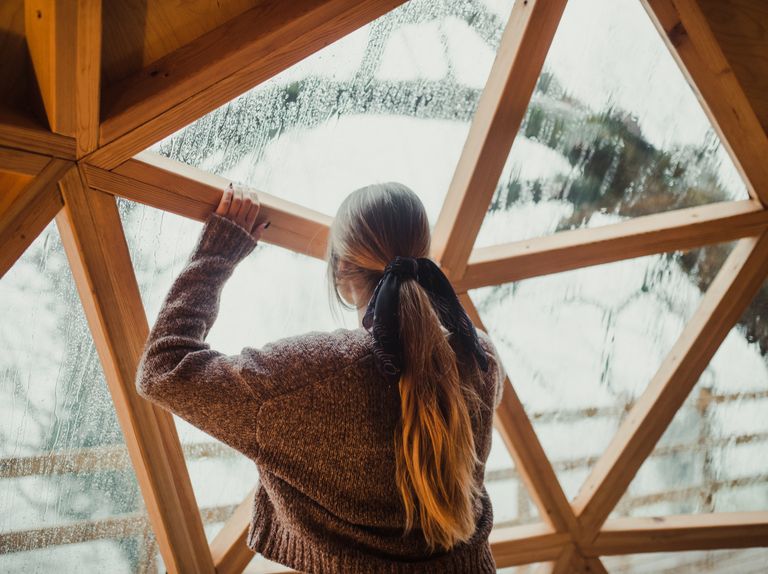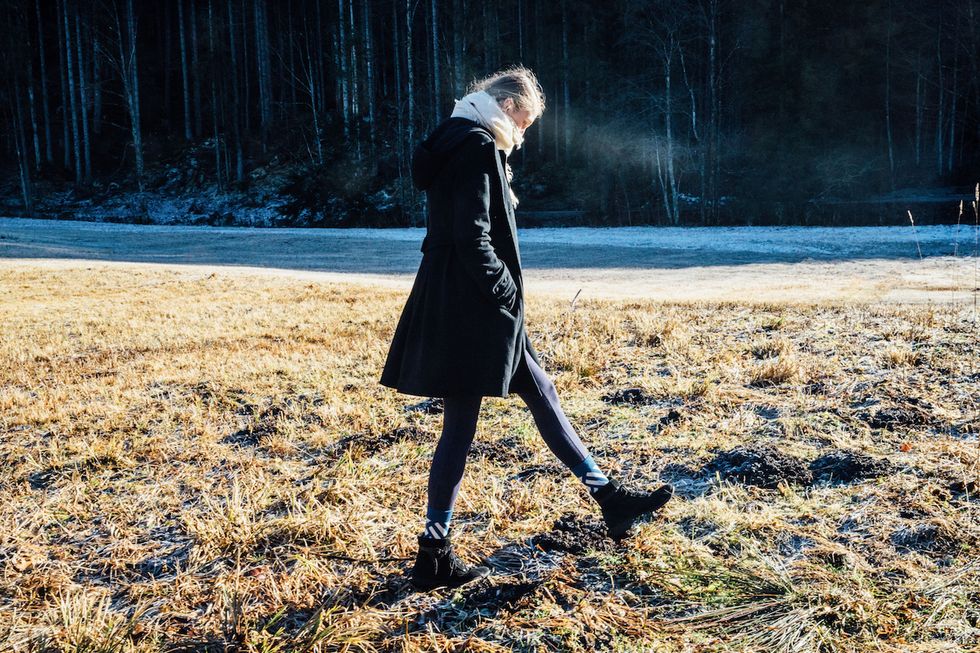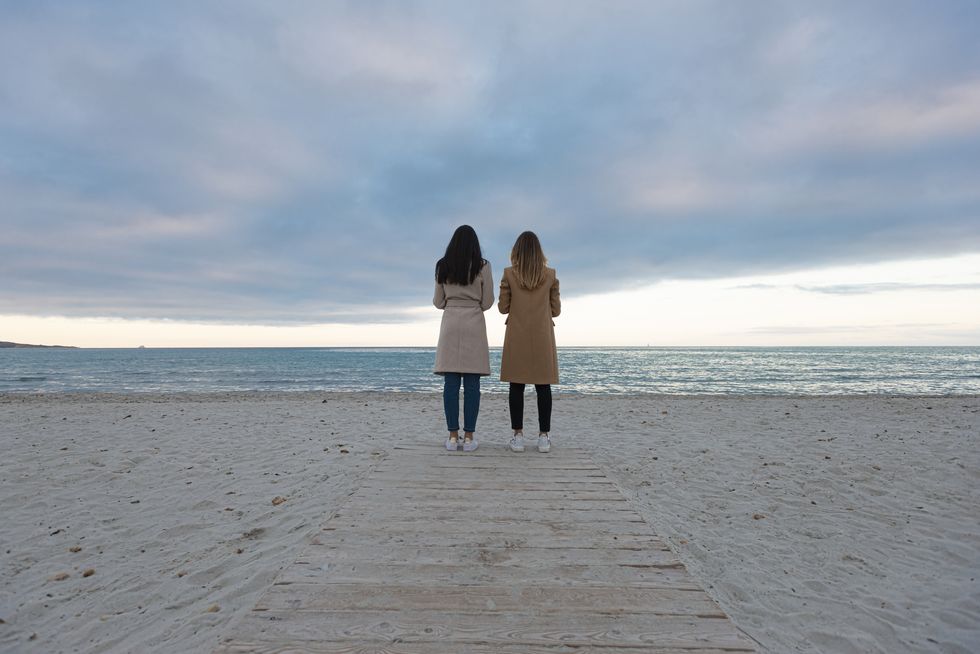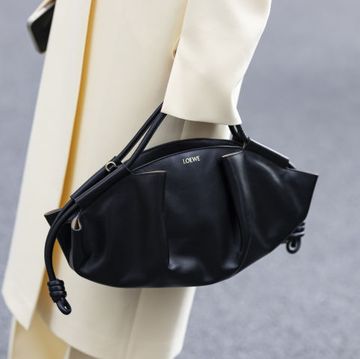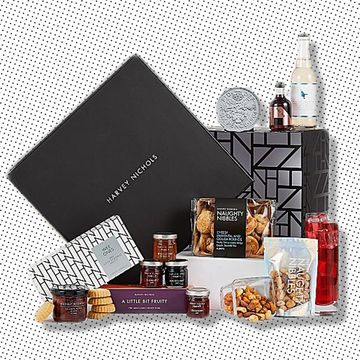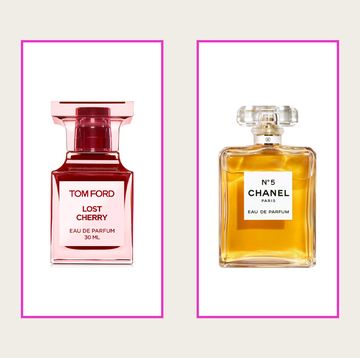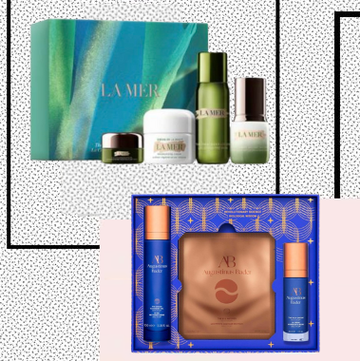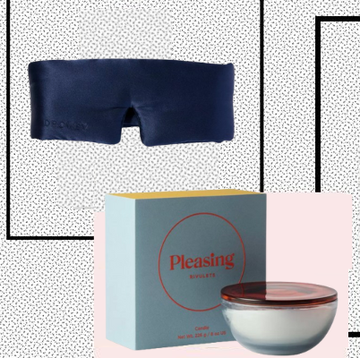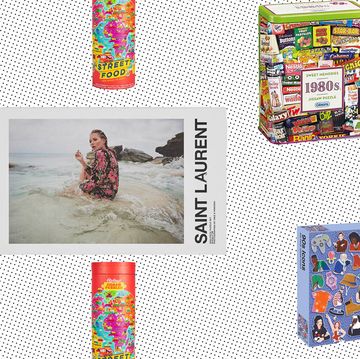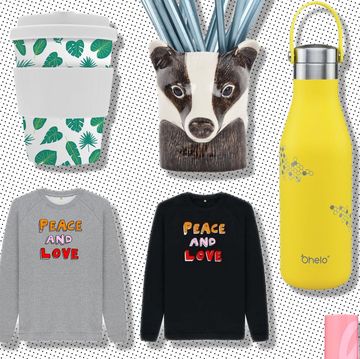At 5pm on Christmas Eve, all the town’s children would light stubby candles and walk through the streets to the local church, where we’d sing carols and wonder how lucky we’d got with the presents under our tree. It was both bewitchingly lovely – and claustrophobically ritualistic.
To live in my small town at Christmas was to experience an intense, condensed, heightened version of it. It became twinklier, quainter; more perfectly, achingly, seasonally pretty than the closing scenes of a Richard Curtis film. It buzzed and crackled with the kind of complicated small community traditions that stretched back centuries, half of which incorporated blood, fire and extremely hard liquor, and would make a passing stranger fear they’d strayed into Wicker Man territory.
In being a fixed point of reference on the Christmases that came before it, and all that would come after, it was also suffused with a faintly chilling sense that nothing ever changes – not really – and nothing ever will.
From the outside, my childhood looked blissful. I grew up in a sleepy fishing town outside Exeter in Devon. It had mudflats and pastel-painted houses and cream teas. Boats bobbed and myths about smugglers prevailed; picture postcards did not do it justice.
But, for all its serene beauty, its genteel pace and rolling, leafy salt-of-the-earth pretensions towards cosiness, it – like all of the British countryside of the 1970s and 1980s – could be insular, resistant to outsiders, to ‘different’. My parents moved there with my younger sister and I from Brighton, before I was two. I lived in that one tiny town until I was 18 – yet I never shook the feeling I didn’t quite belong, wasn’t entirely wanted.
Though maybe it was me that never entirely wanted it. I have always been a people person. Not in the sense that I like to serve or please; I don’t. Only in the sense that people are my drug. I crave them, in all their forms, the more the merrier, the more variety, the better. I even like people I don’t like – they’ve still got potential, psychologies to unravel, dramas to enact. And people are in short supply in small towns; they were in very short supply in mine.
Teenagehood struck me like sweet relief. Sure, there was the hormonal upheaval, the rapidly altering body, the violent fluctuations in mood. But there was also a vast, academically underperforming, raucously good-humoured comprehensive school a whole thrilling bus journey outside of my small town, full to the brim of people I did not yet know.
And there were Saturday jobs in tea shops and dosh to spend in Superdrug and – not to put too fine a point on it – boys, who were like people in general, in that I found them astonishingly compelling, except that boys, it seemed, offered other possibilities still. The older I got, the further behind I left true childhood, the more access I gained to a world beyond my small town, the more comfortable with myself I became.
The Christmases of my mid-teens meant no more candlelit church processions – probably for the best, given my evolving atheism – and rather more in the way of underage boozing in any pub prepared to accept the blatant lies we told regarding our birthdays.
The Friday before Christmas was, according to teenage tradition, spent in our favourite club – a sticky-walled, pungent, wildly adored indie joint called Timepiece. We’d assemble in what passed for finery in the dying embers of the 1980s – lace bodies under tightly belted 501s, with M&S cardigans casually slung over the top – and make one last-ditch effort for that year at getting off with each other.
Standing there – in that club, in those clothes, on the Friday before Christmas, at age 17 – flirting and dancing and drinking (just a bit), I felt something good stir, or slot into place. I felt accepted.
And then I left. I went to a big university in a big town – not as big as London, but not far off. A town filled with such an extraordinary array of people, I knew I’d never get through them all. There would always be more to distract and inform and entertain and amuse and inspire and horrify and charm me, and be everything I needed them to be.
Within weeks of arriving, I met people I’d never be without again. People who would form me, and who I’d form back, by dint of our moving into adulthood together, moulding and defining each other’s experiences, senses of humour, belief systems. I’d call them my friends, but that doesn’t do them – or the depth, breadth and significance of our relationships – justice. It was the feeling I’d had, at Timepiece, at Christmas – times infinity. It was falling in love with my own life.
Three months later, when my first term ended, I went back to my family – to that small Devon town – for the holidays. I caught a train, then a bus, and walked to my former front door through the streets of a place I knew ridiculously well, but that suddenly seemed, well, short. Like it had shrunk in the wash. A toy town. I felt gigantic, as if I had literally outgrown it.
I revisited the old places. I chatted with all the old people. They told me I’d changed – like I didn’t already know. Like I hadn’t ditched my Devon accent, revolutionised my wardrobe, acquired new ideas about music and politics in an effort to accelerate my journey toward metropolitan sophistication. They plucked suspiciously at the hems on my clothes, my university clothes: the heavy-patterned belted cardigan from vintage emporium Rokit, the Lycra H&M leggings, the Adidas Superstars, then say, in the accent I no longer used: ‘Is that fashionable up there, then?’
It made me feel like an outsider all over again – only this time, I realised that was exactly what I was. What I’d chosen to be. I felt giddy with not caring about that, at last. Drunk on it.
As I got dressed to head to Timepiece, on the last Friday before Christmas, that triumph grew bittersweet. Just a year earlier, nothing had felt more thrilling than the anticipation of this night. I’d been too excited to eat dinner; I’d fumbled my change on the bus with nerves. But this time? This time, I dressed down. I ate dinner just fine. As I left the house, I felt the faint but palpable sense that I couldn’t be bothered.
But I didn’t want to have outgrown the club. That place where I’d felt the first inklings of self-acceptance, of self-love. Where I’d learned to b*tch, flirt, pose and otherwise test out the tools on my blossoming confidence. To have outgrown Timepiece – that seemed churlish. Ungrateful of me.
Still, from the moment I got there, and saw the club not as a secret underground warren of sticky-walled promise, rather a ramshackle joint that would do for an hour or two, where the drinks tasted watery, the music sounded tinny; and the conversation with school friends was nothing but reminiscing about things we used to do together, because we weren’t doing things together anymore… I knew it was over. I was over it.
It felt joltingly, sweetly sad; something had ended and, while it had been replaced by something so wonderful, there was still grieving to be done.
I spent the rest of that Christmas overwhelmed by an emotion I’ve since identified as ‘who the hell am I, anyway?’. It’s borne of the chasm between the person you could have been, had you stayed, and who you ended up becoming, because you didn’t. It’s laced with the fear you’re now a judgy b*tch who’s forsaken the people who truly knew you way back when, for ones who’ll buy into the artifice of your adult posturing; and the relief you pushed the boundaries, ventured into a wider world, made it work for you.
Every time I visit family in Devon, I feel it. Every time I’m shooting the breeze with someone unaware of where I started, and they stop me to ask: ‘Is that a Devon accent?’, I feel it. Every time I spend Christmas in London, with my bloke, and those (for want of a bigger word) friends I acquired in my first university term, and I catch myself not being an awkward, shy, invisible child, not carrying a flickering candle through the streets of a very small town, I feel it.
This article appears in the December 2020 edition of ELLE UK.
Like this article? Sign up to our newsletter to get more articles like this delivered straight to your inbox.
In need of more inspiration, thoughtful journalism and at-home beauty tips? Subscribe to ELLE's print magazine now and pay just £6 for 6 issues. SUBSCRIBE HERE
